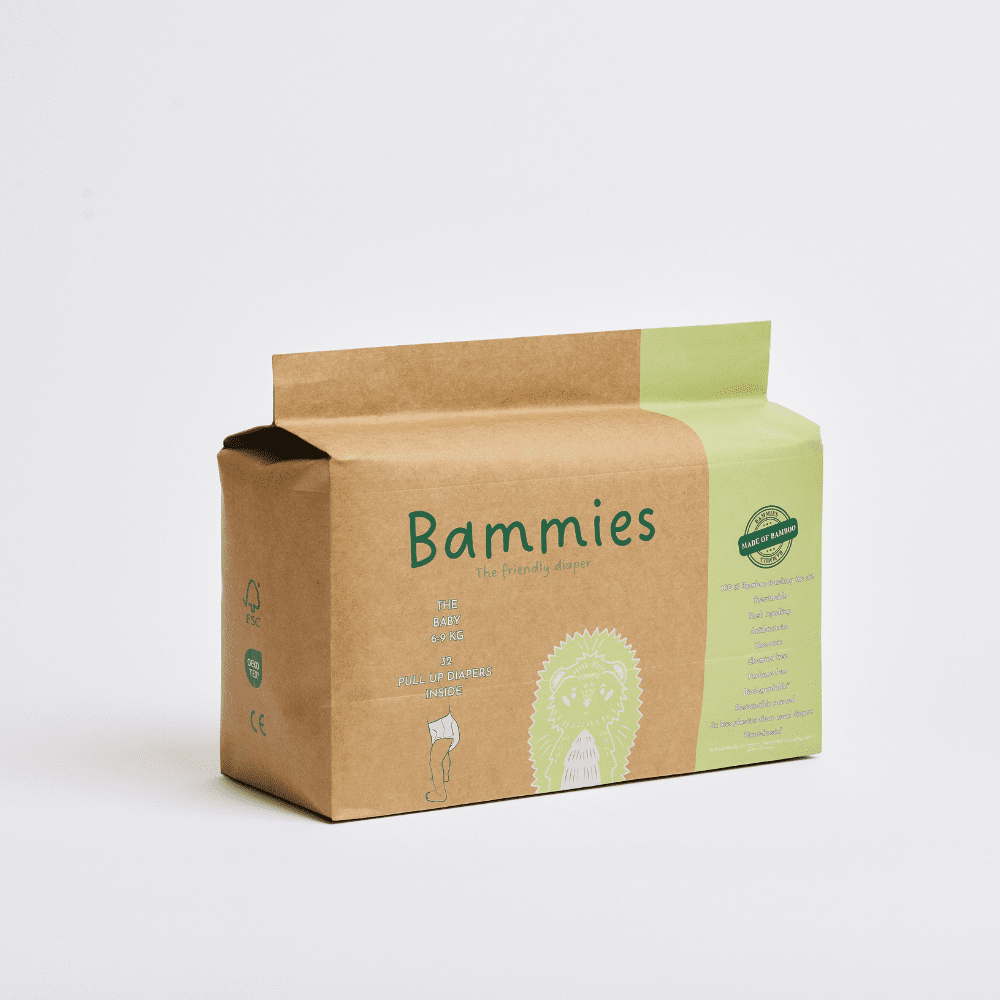Woohoo!! Congratulations new parents!
The arrival of your little bundle of joy has filled your lives with boundless love and wonder. The first month with your newborn is an extraordinary time filled with priceless moments and a steep learning curve. As you embark on this journey, let's take a look at what to expect in your baby's first month and offer some tips to help you navigate through this changing phase.
The fourth trimester:
The first month of your baby's life is often called the "fourth trimester". During this time, your little one adjusts to the outside world and seeks comfort and familiarity. The baby will show primitive reflexes and depend on you for everything from feeding to sleeping.
Baby's sleeping habits:
Newborns sleep approximately 16 to 18 hours a day, usually in short intervals. They have irregular sleeping habits and it can feel like you're waking up all night. Embrace this phase and rest when you can. Remember that it is completely normal for babies to wake up frequently during the night for feedings, diaper changes or comfort.
Feed:
Whether you choose to breastfeed or bottle feed, nourishing your baby is an important part of their development. During the first few weeks, newborns are fed frequently, usually every two to three hours. It takes time to establish a routine for feeding, and it is important to be patient and responsive to your baby's signals. Seek advice from a lactation consultant or pediatrician if you have any concerns or questions.
Diaper changing and hygiene:
Prepare to become diaper changing experts! Newborns can use up to ten diapers per day. Make sure your changing area is well equipped with nappies, wet wipes and nappy cream. Make sure you clean your baby's genital area thoroughly and apply an oily cream or use our bamboo nappies and wipes to prevent nappy rash. Also remember to wash your hands before and after each diaper change.
Relationship building:
Skin-to-skin contact and cuddling are powerful ways to create a great relationship with your baby. Gentle rocking, swaddling and soft singing can help calm your newborn. Be patient as you discover what comforts them best. Every baby is unique, so experiment with different techniques until you find what works best for your little one.
Baby's Development:
During the first month, your baby will experience remarkable growth and development. They will begin to focus on objects, follow movements with their eyes and respond to sounds. Engage your baby with soft sounds, vibrant colors and soft toys to stimulate their senses. Create a safe and calm environment that allows exploration and discovery.
Own well-being for your parents:
Remember to take care of yourself amidst the joy and exhaustion of caring for a newborn. Accept help from your loved ones, rest when your baby sleeps and feed your body nutritious food. Prioritize self-care, whether it's a warm bath, a walk outside, or a few moments of quiet reflection. Taking care of yourselves makes you the best parent you can be.
The first month of your baby's life is an amazing period filled with love, growth and learning. Appreciate each milestone and remember that every day brings new discoveries. Don't be too hard on yourself as you adjust to your new roles as parents. Seek support from trusted family members, friends or parenting groups, and remember that you are not alone in this journey. Embrace both successes and setbacks, celebrate small victories and enjoy the incredible experience of witnessing your baby's transformation.
Welcome to the world of parenthood - prepare for a life filled with love and adventure!

